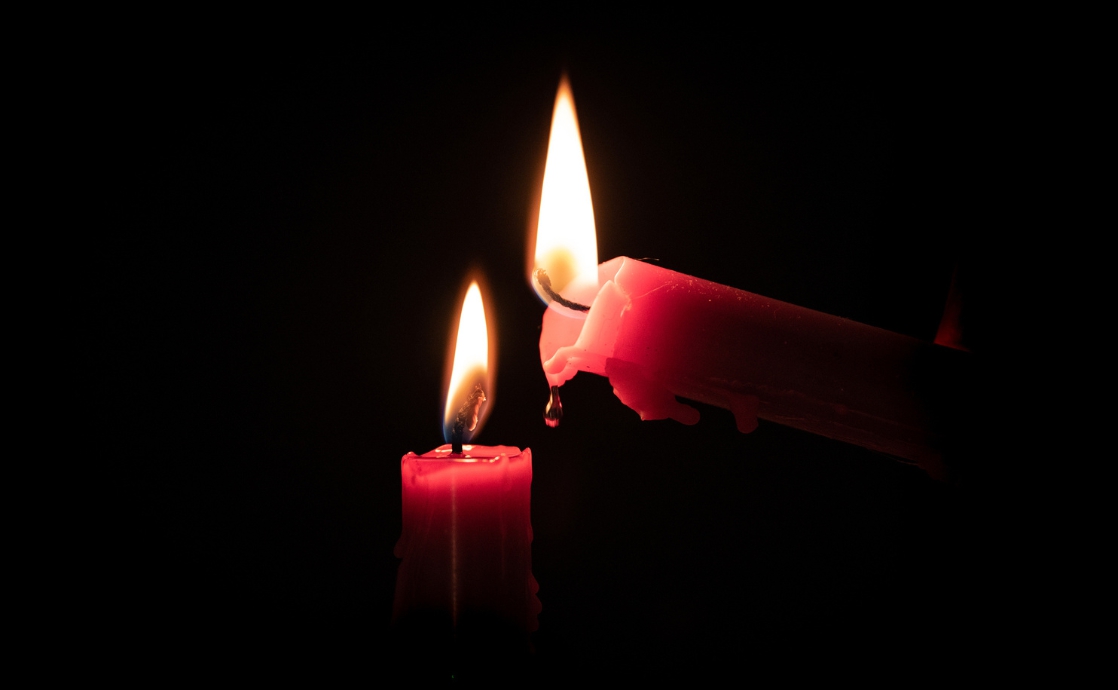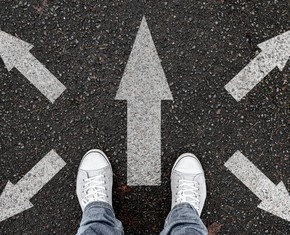The views expressed in our content reflect individual perspectives and do not represent the authoritative views of the Baha'i Faith.
Humanity seems to love its superheroes – those courageous fictional characters in comics and films who accomplish heroic deeds on behalf of others.
In some ways, those superheroes represent the best parts of our spiritual selves, because they exemplify courage and self-sacrifice.
The powerful spiritual attribute we call courage comes directly from sacrifice. Truly courageous people – real ones, not fictional superheroes – are willing to sacrifice their own needs for the needs of others.
RELATED: Sacrifice: The Core Principle of Nature and Spirituality
In 2011, during the Arab Spring, the world witnessed thousands sacrificing their lives in Egypt, Libya, Yemen, and Syria. Heroic ordinary citizens, yearning for freedom from tyranny, faced the mighty armies of their oppressors and knowingly put themselves in the path of danger. It was a price they were willing to pay.
One brave women, Tawakkul Karman, almost single-handedly launched Yemen’s protest movement. In a society where women walked behind their husbands, she was a long-time activist who had been warned many times that she was putting her life at risk. Yet she was as undeterred as her heroes: Martin Luther King, Nelson Mandela, and Mahatma Gandhi, pictures of whom hung on the wall of the radio studio in her home.
For her courage on behalf of her entire society, Karman won the 2011 Nobel Peace Prize. This prize was shared with two other women, Ellen Johnson Sirleaf and Leymah Gbowee, both of whom had fought for peace and women’s rights in Liberia.
This glimpse at the power of self-sacrifice shows that through it societies are lifted to a higher level. The Baha’i teachings ask us all to sacrifice the self to a greater and more noble cause – the service of the entire human race:
Until a being setteth his foot in the plane of sacrifice, he is bereft of every favour and grace; and this plane of sacrifice is the realm of dying to the self, that the radiance of the living God may then shine forth. … Do all ye can to become wholly weary of self, and bind yourselves to that Countenance of Splendours; and once ye have reached such heights of servitude, ye will find, gathered within your shadow, all created things. This is boundless grace; this is the highest sovereignty; this is the life that dieth not.
A mystical connection exists between sacrifice and progress: when sweat and blood and tears are shed, the Holy Spirit seems to shower bounties in abundance upon humanity. Through sacrifice, we realize our collective potential, make unprecedented progress, and are led onward towards justice and peace.
Self-sacrifice means taking altruistic action. Progress does not come from prayer and meditation alone. Nor is knowledge enough. We can read every book in the world and gain as much knowledge as we like, but until that knowledge is put into action, it does no good.
When we arise to action out of a sacrificial sense of love for others, the Holy Spirit comes to our assistance to provide us all we need to make ourselves and our societies better. Our powers of courage, love, patience, and powerful discourse increase. Reflect on those who gave up their own personal concerns or even their lives to promote equality, justice, health, literacy, or any other cause of significance, and you’ll recognize the true superheroes.
Ultimately, the greatest form of self-sacrifice is that undertaken for God. Abdu’l-Baha explained it this way:
All the friends of God should be as a sacrifice unto the One true God. This means that they should sacrifice and immolate all that pertaineth to them for the Beauty of God … This entails renouncing one’s own wishes, one’s own good pleasure …
RELATED: How to Sacrifice for the Greater Good
Reflecting on this passage, one thing becomes clear: through surrender of the self, by sacrificing our own free will to abide by the Will of God, we are led to our goal: the “blissful abode of the Divine Presence.” When collectively we sacrifice our will to God’s Will, gradually we see the Kingdom of God being constructed in front of our eyes.
Please think about what sacrifice might mean in your own life. Meditate on these kinds of philanthropic deeds and how they can only come about through self-sacrifice. Both go hand in hand; both contribute tremendously to reshaping us, individually and collectively, and both are manifestations of loving and caring for others. Sacrifice, like water giving itself to a plant, is absolutely necessary for the tree of humanity to grow and flourish.
















Comments
Sign in or create an account
Continue with Googleor